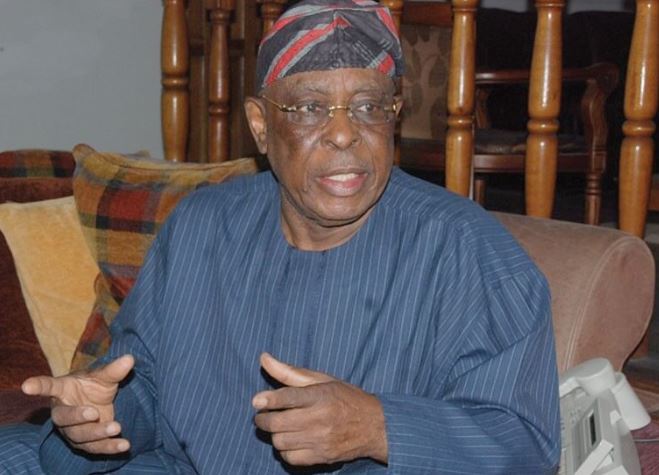The eyes see what they want to see. And the mind believes what the eyes see. In the Washington Post’s essay entitled, ‘Psychology explains why people are so easily duped’, Eryn Newman, a postdoctoral scholar in cognitive psychology at the University of California, deduced that ‘’photos and names can have surprisingly powerful effects on our memories, beliefs and evaluations of others’’.
Eryn raised two poignant questions: “How do we come to believe that things are true when they are not? How can we remember things that never actually happened?”
When a label becomes the routine audio-visual constituent of public conversations, a perception is easily manufactured, and the mind is programmed to that falsehood or ‘’truthiness’’. This is malignant.
Stereotyping, ethnic labelling and reiteration of generalised fallacy are like landmines that remain rooted in the ground long after warfare. The fact is, the hate we trade today will survive us. And God forbid, that our children continue on this path of animus. We cannot have a peaceful and progressive country when hate-trading has become a quotidian chore.
Advertisement
I recently had to carry out a ‘’defenestration’’ of some toxic WhatsApp groups which became a minatory deformer of my mental stability. I must say, WhatsApp is a fecundating platform for vicious, malicious falsehoods, fake news and conspiracy theories. It is more lethal in mischief than any other social media platform because of the shroud of commonality and the discipline of groupthink.
When you wake up at 5am to images of dismembered bodies with a footnote of the usual villains, you cannot possibly have a vivacious day. The effect of media materials such as these, which in most cases are spin-offs of propaganda, is subliminal and lacerating.
Here is what the psychologist says:‘’Photos are a record of real events, so it’s not surprising that we often view them as the best evidence that something actually happened. What is more surprising is our recent work showing that photos can alter our beliefs even when they do not provide any evidence for the claim at hand. In a study we conducted in New Zealand at Victoria University of Wellington, we found that when people read a statement (such as “Macadamia nuts are in the same evolutionary family as peaches”) alongside a decorative photo that simply related to the claim (a bowl of macadamia nuts), they were more likely to believe that the claim was true. That is, these decorative photos produced truthiness — photos that were related to but did not depict the claim encouraged people to believe that the claims were credible. Moreover, this truthiness effect persisted over days, not minutes, and could have long-lasting effects on people’s beliefs.
Advertisement
But visual cues are not the only source of non-diagnostic evidence that people use to evaluate claims. People can be influenced by even more subtle features of information, like the linguistic attributes of a word.’’
So, why do you believe what you believe? Because someone shared it on WhatsApp or other platforms? Because it is convenient for you to believe it as you cannot engage in critical thinking? Because it dovetails with your bias and sentiments?
Probe all things – that include the possible reasons for malicious ethnic labelling. The fear of ethnic domination is one. And it has been the wraith in the Nigeria haunted castle. It changes in complexion with every change in government. When Jonathan was president; his ethnic group, the Ijaw, were the content for derisive memes and labels.
We must condemn all crimes and hold offenders to account. But we must not make them about a people. I would be offended if I am profiled for the sins of a minute group in my clan.
Advertisement
Also, the political value of the current crisis cannot be discounted; hence we must be mindful of the information we consume and share.
We need a disrupted social conditioning; that, which makes us appraise other citizens by the content of their character and not by where they come from or where they worship.
We all need to get along.
@FredrickNwabufo
Advertisement
Views expressed by contributors are strictly personal and not of TheCable.
Add a comment







